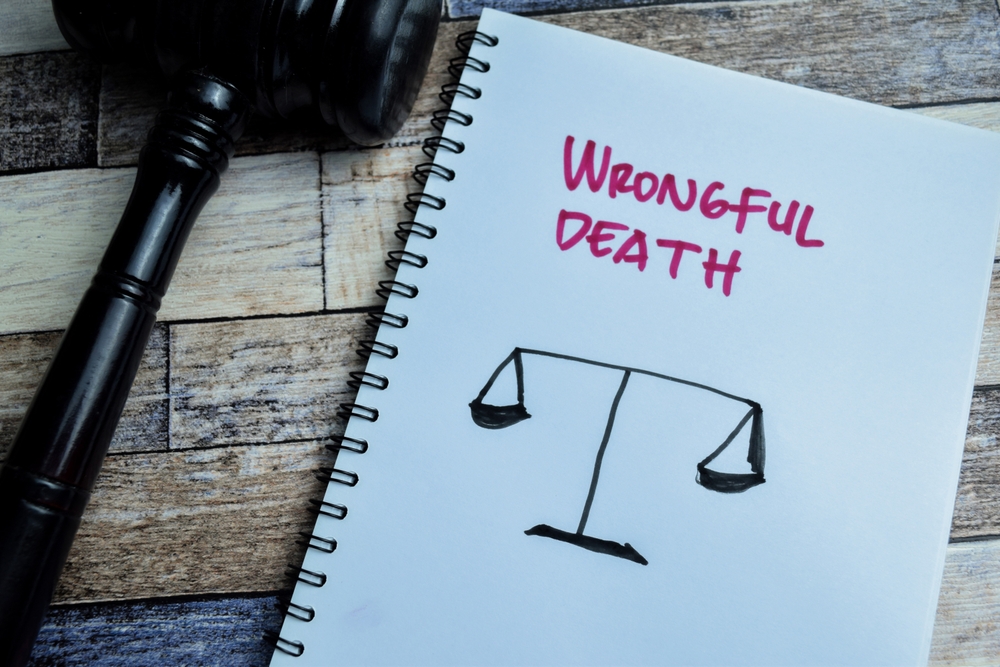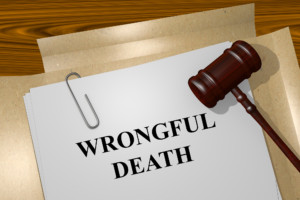In Illinois, the death of a loved one due to another’s negligence can lead to a wrongful death claim, a complex legal process that demands a detailed understanding of the state’s laws and strong evidence. Here’s how wrongful death is proven in Illinois and why legal guidance is crucial for families seeking justice.
Understanding Wrongful Death in Illinois
Wrongful death in Illinois is defined as a death that results from a wrongful act, neglect, or default of another. The Illinois Wrongful Death Act allows the decedent’s next of kin to seek compensation for losses suffered due to the premature death of their loved one. This includes lost wages, funeral expenses, loss of companionship, and more.
Proving Wrongful Death
To establish a wrongful death claim in Illinois, the following elements must be proven:
1. Duty of Care – The plaintiff must demonstrate that the defendant owed a duty of care to the deceased. This means that the defendant was expected to act in a certain way to avoid harm. For example, drivers must obey traffic laws and operate their vehicles safely.
2. Breach of Duty – It must be shown that the defendant breached this duty of care through negligence or a wrongful act. For instance, if a fatal car accident were caused by a driver who was speeding or intoxicated, this would be considered a breach of duty.
3. Causation – The breach of duty must be directly linked to the death. This means proving that the death would not have occurred but for the defendant’s negligent actions.
4. Damages – Finally, the plaintiff must demonstrate that the death caused quantifiable damages. This includes not only economic losses like medical bills and lost future earnings but also non-economic damages such as pain and suffering experienced by the deceased before death and the loss of society and companionship felt by the family members.
Evidence Required in Wrongful Death Claims
Proving these elements requires a variety of evidence, which may include:
- Medical Records and Autopsy Reports – To prove that the death was a result of the defendant’s actions.
- Witness Testimonies – Eyewitnesses can provide crucial details about the incident that led to the death.
- Expert Testimonies – Experts in fields like accident reconstruction or medical specialists can help establish the cause of death and link it to the breach of duty.
- Photographic and Video Evidence – This can be used to substantiate claims about the circumstances surrounding the death.
- Police and Accident Reports – These documents can provide an official account of the incident, including any citations for negligence.
Challenges In Wrongful Death Claims
Wrongful death claims in Illinois can be challenging due to the complex nature of proving negligence and causation. Moreover, Illinois law imposes a statute of limitations, generally two years from the date of death, to file a wrongful death lawsuit. This emphasizes the importance of acting swiftly and efficiently in gathering evidence and building a case.
Why Legal Representation Is Essential
Given the complexities involved, having experienced legal representation is vital. An attorney with experience representing clients in wrongful death cases can navigate the intricate legal landscape, handle the collection and presentation of evidence, and advocate effectively on behalf of the bereaved family. Legal experience ensures that the family’s rights are protected throughout the process and that they receive the compensation they rightfully deserve.
Call Our Cook County Wrongful Death Attorneys For Compassionate Representation
If your loved one was tragically killed due to the negligence of another in Illinois, you need a knowledgeable and compassionate legal partner who can guide you through this difficult time. The Law Offices of Robert T. Edens, P.C., is here to help you prove the wrongful death of your loved one and seek the justice and compensation you deserve.
Contact our Cook County wrongful death attorneys at The Law Offices of Robert T. Edens, P.C. by calling 847-395-2200 to receive a free consultation and to discuss your case. Don’t face this challenging journey alone—let our experience and commitment lead the way to a fair resolution.


 Losing someone you love with your whole being can be the most painful experience of your life. If they lost their life because of someone’s negligence, the pain only multiplies. In such cases, you can ask a Waukegan wrongful death attorney to help you determine wrongful death in court and get some closure. If the deceased was the main breadwinner of your family, the damages can support you financially as well.
Losing someone you love with your whole being can be the most painful experience of your life. If they lost their life because of someone’s negligence, the pain only multiplies. In such cases, you can ask a Waukegan wrongful death attorney to help you determine wrongful death in court and get some closure. If the deceased was the main breadwinner of your family, the damages can support you financially as well.
 When an individual loses their life in an accident, it is critical the surviving family members obtain an understanding of their legal rights. If they were financially dependent on the decedent, it is crucial for loved ones to know their rights and initiate legal action by hiring a
When an individual loses their life in an accident, it is critical the surviving family members obtain an understanding of their legal rights. If they were financially dependent on the decedent, it is crucial for loved ones to know their rights and initiate legal action by hiring a 